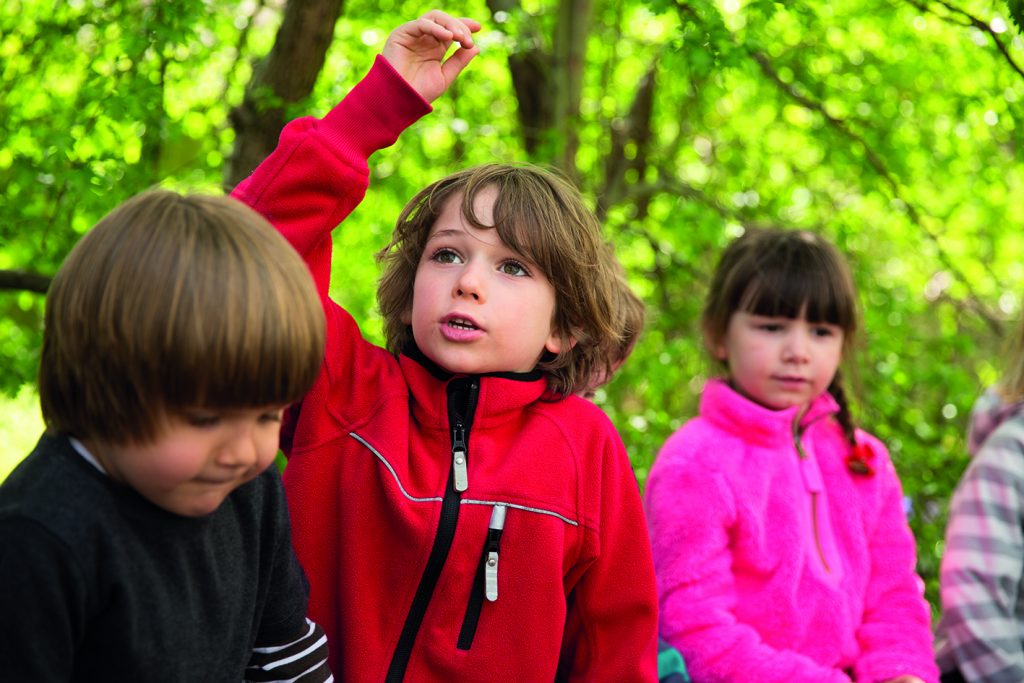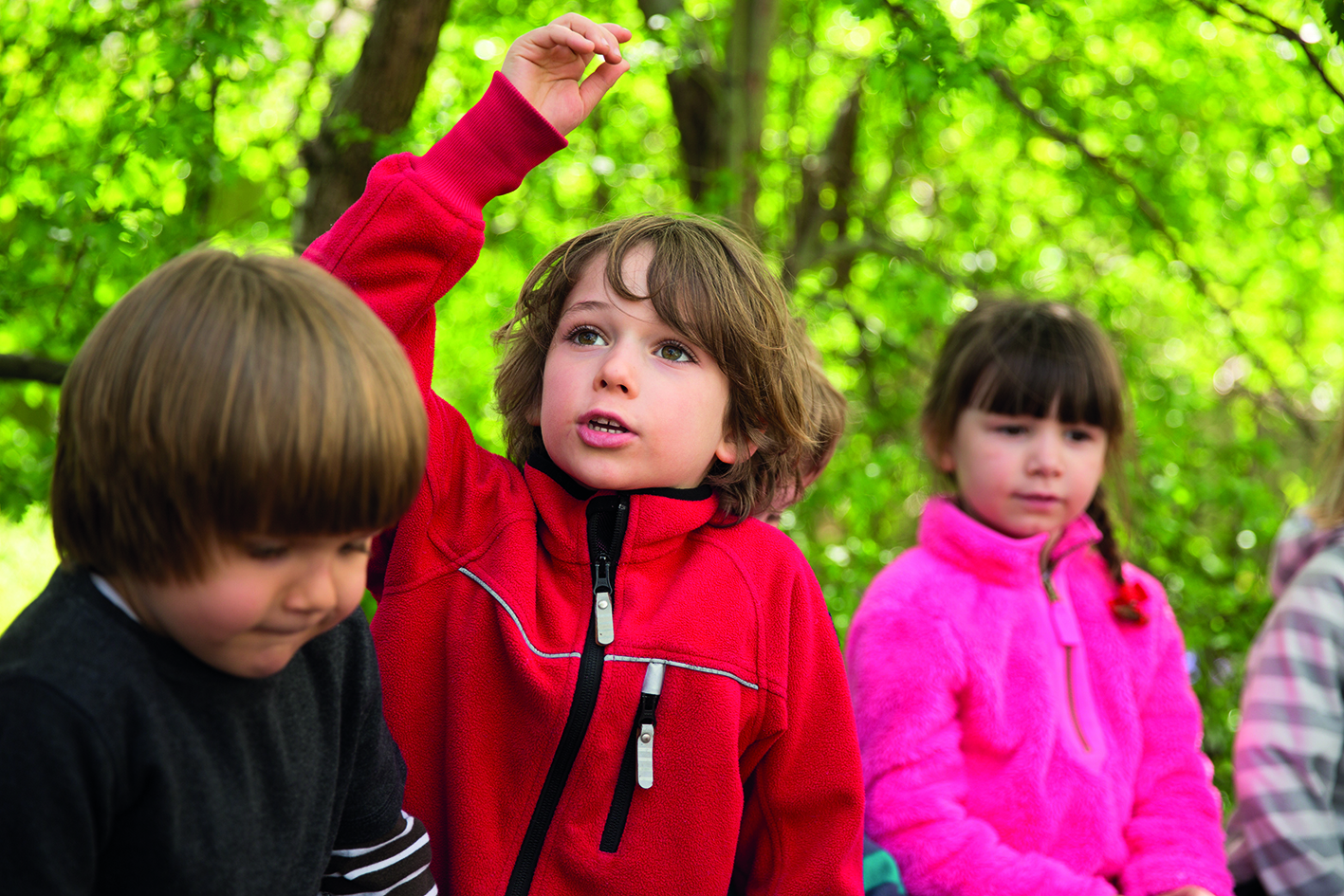
Ben Jones, Director of Science at Alleyn’s, on how to use the Scientific Method to encourage and feed children’s curiosity.
It has become a mantra within the Alleyn’s science department that our aim is to encourage and to feed curiosity. But what makes our job as science teachers so enjoyable is that children are born curious.
It stands to reason, therefore, that exciting children about science at home should be simple. Give your child a slinky spring and that should keep them occupied for the day and lead them to a complete understanding of the cosmos! Or not.
A starting point when considering how to excite our children in science may well be to refer to the birth of modern science itself, and the development of the scientific method. So, in the style of Francis Bacon, here are some top tips:
Encourage questions
The scientific method starts when you ask a question about something that you observe, so listen to your child’s questions about the world around them and encourage them to ask more.
- Encourage an inquisitive approach. How does that stay up? What’s making that noise? How does that work? What is that made up of?
- Ask questions about cause-and-effect. If we were to do this, what might happen? What caused that to happen?
- When facing physical problems at home (the wonky shelf, the rattling washing machine, the over-strong orange squash) ask what solutions there might be? (No pun intended).
Make a prediction
- Discuss possible answers to questions and predict what will happen in different circumstances. Tempting though it is, avoid ‘I don’t know.’
- Hypothesise: Attempt to answer your question with an explanation that can be tested with a simple experiment.
Experiment
- Encourage hands-on curiosity,
- Think about your choice of toys; Lego is great for encouraging creativity and design. Bug catchers and binoculars are great for observation,
- Let children make mistakes and wait before giving them the right answer,
- Talk about an experiment being a ‘fair test’ (change only one factor at a time while keeping all other conditions the same),
- Record observations and together come to a conclusion: Take pictures, make a scrapbook, present to brothers and sisters,
- Decide what you’ll do next.
As Scientists, we are curious about the world around us. And children are no different. Each day we have the privilege of encouraging and feeding that curiosity. Perhaps, even with a slinky spring.
Useful links:
www.bbc.co.uk/terrificscientific
www.schoolofdragons.com/how-to-train-your-dragon/science-experiments
This article first appeared in the June 2017 issue of SE22 magazine

